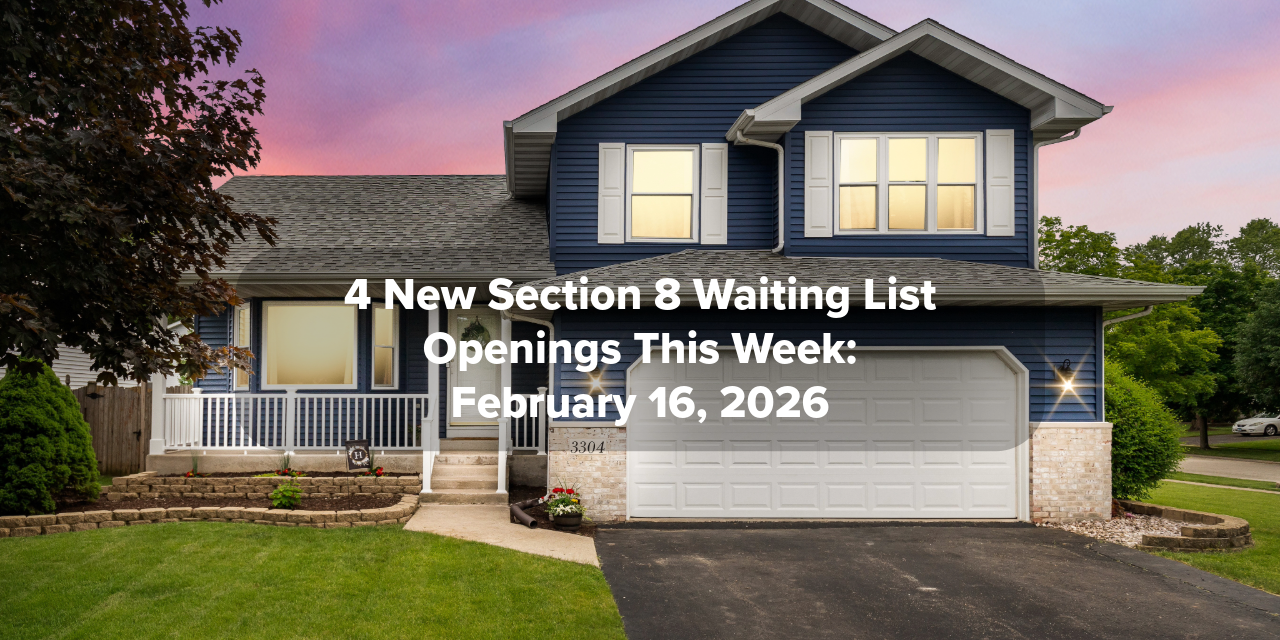FHA CREDIT REQUIREMENTS
If you’re in the market for a house, one of the first things you have to do is get familiar with your credit score. You need to know how your score will be evaluated by lenders and what you need to do to improve your chances of getting a loan. The higher the score the more likely you are to get the lowest interest rate, the best terms, and the lowest downpayment.
The sooner in the process you do this the better. If your credit score isn’t where it needs to be, paying all your bills on time will help increase it. Keeping your credit card balances below 50% (30% is perfect) will also help. You don’t want to make any major purchases unless you pay all cash for them. Every time you borrow to buy something, you increase your debt ratio.
Even though homeowners with FHA, VA, and USDA mortgages can get a mortgage forbearance because of the coronavirus pandemic and ongoing economic crisis, FHA credit requirements for home loans haven't changed.
No one really knows what will happen when the forbearance period expires. If defaults spike after that time, FHA may well decide to tighten loan restrictions and require even higher credit scores than before.
The general consensus is that you should start monitoring your credit and doing what needs to be done to improve it about 12 months before you start shopping for a new home. It will take more time for some who have lower scores and complicated credit issues.
This is not the time to make a major job change. Starting a new business, taking a new job with a different company, changing professions, or changing from a salaried employee to an hourly employee or contractor may make you look risky to a lender. Lenders may or may not take the new economic reality into consideration when looking at employment history.
What is a good credit score?
According to Experion, one of the three credit reporting agencies, credit scores can be broken into five categories:
800-850 is exceptional.
740-799 is very good.
670-789 is good.
580-669 is fair.
300-579 is very poor.
Most people fall into the 600 to 750 range.
What credit score do you need to qualify for an FHA loan?
If you have a credit score of 580 or above you may be eligible for a 96.5% loan with a 3.5% downpayment. If your credit score falls below 580, you could be looking at a 90% loan with a 10% downpayment.
To put that in perspective, if you’re interested in a $200,000 house and have a credit score of 585, you might qualify for a 3.5% downpayment of $7000. If your credit score is below 580, you may have to come up with a 10% downpayment or $20,000. That’s a difference of $13,000 which is pretty significant for most homebuyers.
On top of that, with a lower credit score, you might not get the best interest rate. That will mean a higher monthly payment and more money paid on the loan over time.
How do the reporting agencies come up with my credit score?
The three agencies use different credit data when calculating credit scores. The data falls into five categories:
Payment history = 35%
Amounts owed = 30%
Length of credit history = 15%
New credit = 10%
Credit mix = 10%
What kinds of items on my credit report hurt my chances of getting a loan?
1. No credit history.If you don’t use credit in the traditional sense, the lender will have to get a non-traditional merged credit report or build your credit history using other means.
2. Bankruptcy.A past bankruptcy won’t necessarily disqualify you from getting a loan. You have to wait a minimum of two years after a Chapter 7 bankruptcy to apply for a loan and show you have re-established your credit or not incurred new debt.
3. Late payments.You will need to show 12 consecutive months of paying all your bills on time.
4. Foreclosure.Like a bankruptcy, a foreclosure won’t necessarily disqualify you from getting a loan. You have to wait three years before you can apply.
5. Tax liens, collections, and judgments.Before you can close on an FHA loan, all judgments must be resolved.
What other FHA credit requirements apply when I apply for a loan?
Your debt to income ratio cannot be above 43%.
The home you are purchasing must be your primary residence.
You must have proof of employment and a steady income.
Mortgage Insurance Premium (MIP) is required.










